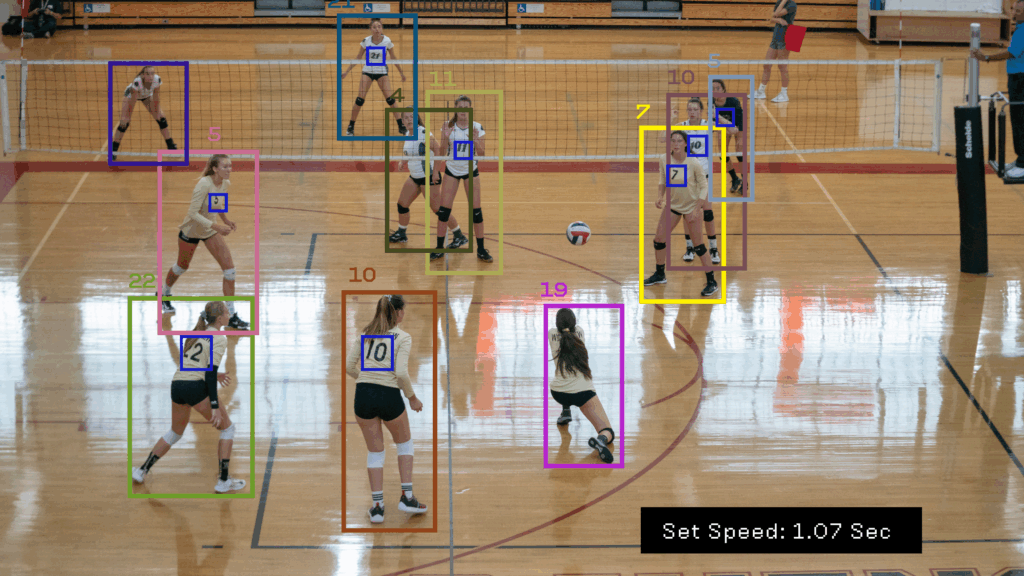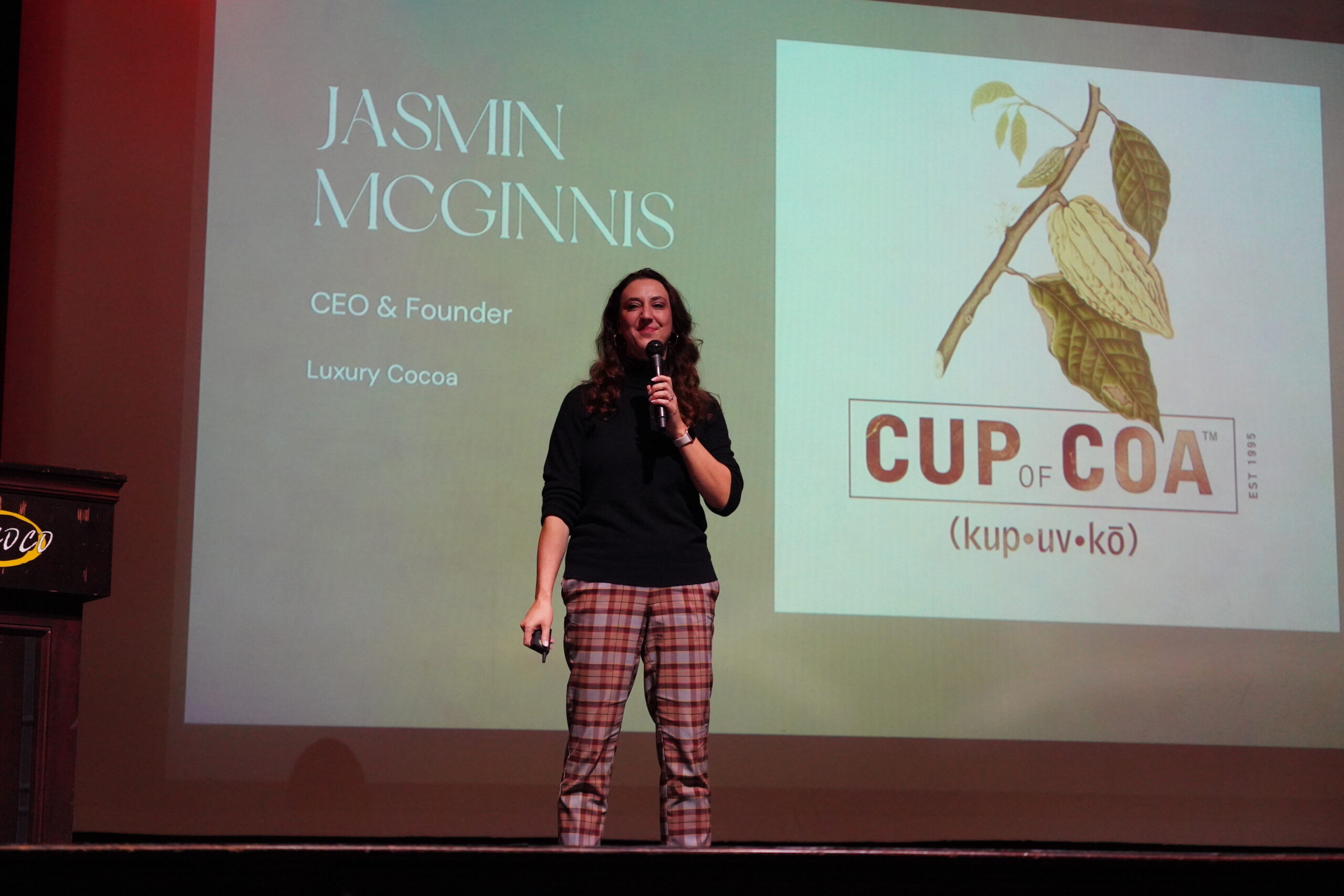Hudl has completed two major acquisitions, bringing Titan Sports and Balltime under its umbrella as part of a strategic effort to broaden access to athletic performance data analytics for athletes and teams at all levels.
Leadership at the Lincoln-based sports technology company said the acquisitions align with Hudl’s long-term vision of equipping every athlete, from youths to professionals, with tools to improve, compete and be seen.
“We really viewed it as kind of core to our mission,” said Greg Nelson, senior vice president at Hudl. “When we talk about our vision to give every athlete the shot they deserve, this ties directly into delivering value for American football teams and connecting the talent pipeline from youth to the pros.”
The addition of Titan Sports introduces GPS wearable technology designed to be affordable and user-friendly for high schools and club teams. Titan’s devices track over 150 metrics and pairs them with visuals such as heat maps, leaderboards and performance dashboards accessed by coaches through a software platform. Founded in 2013 by Stephane and Yves Smith, Titan gained traction by making performance tracking more meaningful and engaging for athletes through sport-specific features and leaderboards.
“From day one, Titan’s mission has been to give coaches the tools to understand and apply data no matter their experience level,” said Stephane Smith, CEO of Titan, in a press release. “Joining Hudl allows us to build faster, reach more teams and continue helping coaches and athletes across the globe train smarter and perform at their best.”
Nelson, who also coaches college football, explained that Titan’s technology provided valuable insights that fundamentally changed how he approached practice and game preparation.
By using Titan’s tracking data, Nelson and his team were able to benchmark their performance and compare metrics such as top speed and total running distance from practices to real games. One key discovery was that approximately 30% of the team’s total running occurred before kickoff during warm-ups.
“You … just don’t even know what ‘good’ looks like or where you’re at until you have some of those benchmarks to be able to match yourself against,” Nelson said, emphasizing how the technology enabled more efficient and game-like practices, ultimately leading to better performance on the field.
The Titan acquisition complements Hudl’s existing GPS platform, which serves elite-level teams, including FC Barcelona. Titan’s more affordable hardware opens similar performance tracking to thousands more coaches across high school and small college programs.
Meanwhile, the acquisition of Balltime signals Hudl’s growing investment in volleyball. Balltime brings a next-generation AI platform that automates analytics for indoor and beach volleyball teams. More than 125,000 athletes and 12,000 teams already use Balltime’s platform that calculates metrics including jump height, swing speed, ball trajectories and more, delivering that data within minutes.

“Balltime is a really exciting one,” Nelson said. “They’re able to automate every touch … think of every single touch that happens on a volleyball court.”
Balltime was founded in 2022 by volleyball players Tom Raz and Dan Banon. “As a player myself, I set out to solve my own pain points in the sport,” said Raz, Balltime’s CTO. “Our deep connection to volleyball led us to build pioneering technology that fully automates stats and data for players and teams worldwide.”
Both acquisitions will integrate into Hudl’s existing platform over time. In the near term, customers of Titan and Balltime will continue using the products as they are. In the long term, Hudl aims to unify data across tools and teams, providing coaches with seamless access to performance metrics alongside game footage.
“It’s about making all these tools talk to each other so you can pull up a video and instantly see how fast an athlete was running, how high they jumped and how their performance evolved,” Nelson said.
Hudl is bringing Balltime and Titan’s teams on board, along with the technology. Hudl’s integration approach focuses first on blending company cultures and supporting new team members, followed by the unification of products across its platforms.
“We always use it as an opportunity to learn and grow from each other,” Nelson said. “It’s always fun to bring somebody in who built something from scratch, and then they get to see the scale at which we operate, serving hundreds of thousands of teams around the world.”
Hudl currently supports around 315,000 teams globally with tools for video review, athlete recruitment, livestreaming and performance analysis. The acquisitions of Titan and Balltime support Hudl’s strategy of making powerful sports data more accessible, customizable and actionable for teams of all levels.




